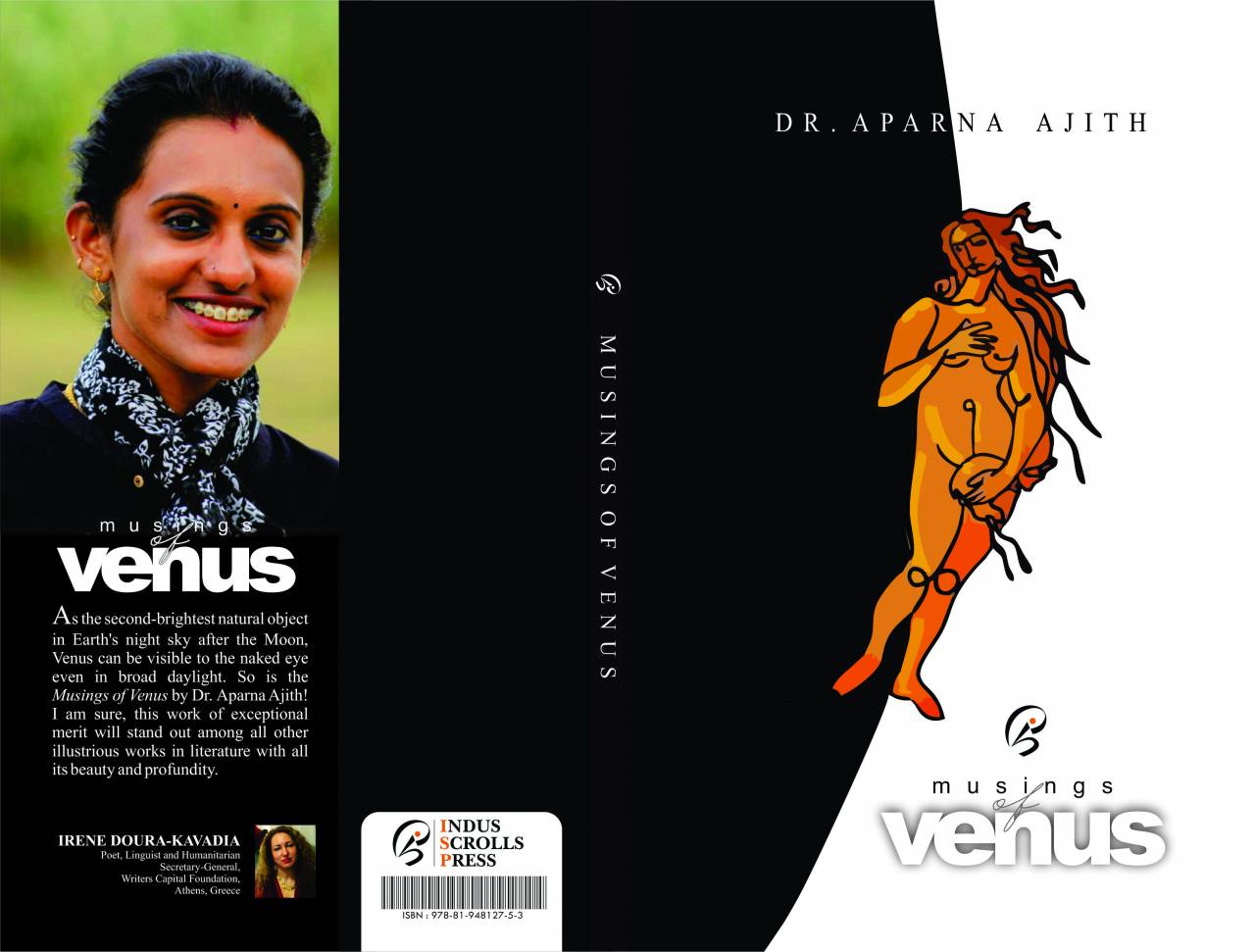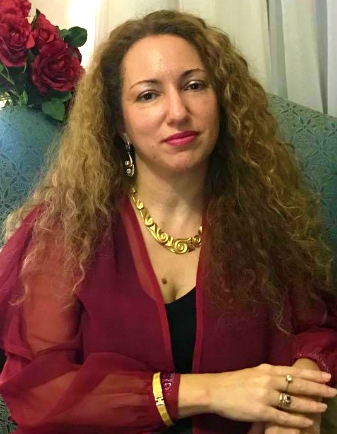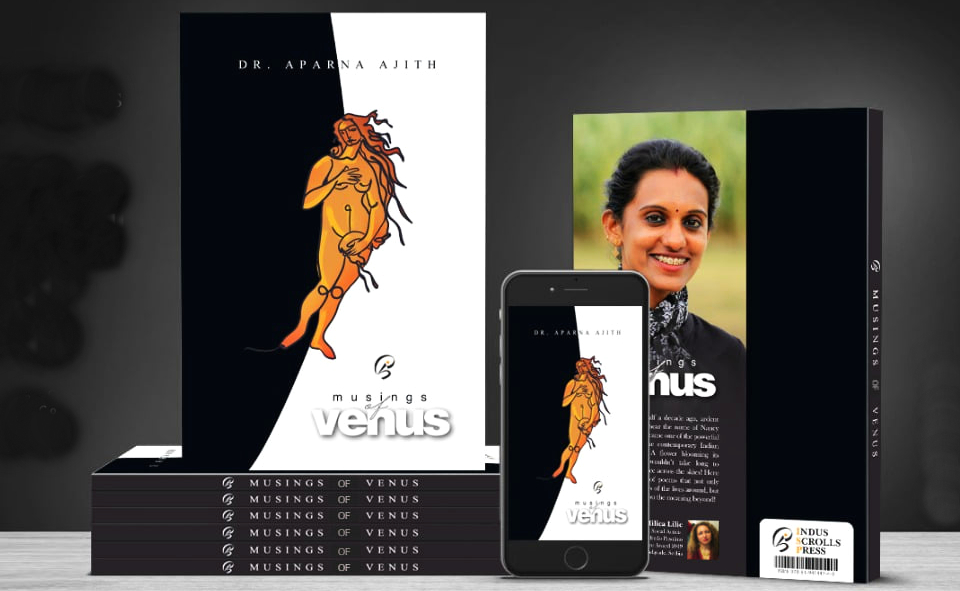“The trouble was, I hated the idea of serving men in any way. I wanted to dictate my own thrilling letters.”
—Sylvia Plath, The Bell Jar
It is often the so-called weaknesses of the gender that have brought women’s writing upon the surface of the ever-changing realm of literature. Most of them were expressing their views and agony through their writings in the Post-colonial times for two major reasons. First, both patriarchy and imperialism could be seen to exert different forms of domination over those subordinate to them.
Because of this, it was important for the experiences of women under the patriarchal influence to come out to the forefront and expose the undue cruelty to be held on them by men. It was necessary for the women to oppose this male dominance over them. We observe that women continue to define the borders of the community, class, and race. They tried to express their agony and dissatisfaction with male-dominated attitudes through their works.

However, the times have changed where we see women bearing responsible positions in society equivalent or more powerful than men. We must assume that the aggressive nature in many of the works have paved the way for a rather composed view, where subtle emotions, responses towards the world have become more prominent in their work. Dr. Aparna Ajith, one among the emerging voices of contemporary English literature is one who would prove this gentle transition of Indian women’s writing.
As the very title suggests, Musings of Venus is a collection of poems that throws light upon the inner corners of a woman. Venus, the second planet from the Sun, is named after the Roman goddess of love and beauty. The poem Subaltern is a classic example of the same. However, here the works are not something that is connected to the concepts of love and beauty alone. With those rich imageries, Dr. Aparna has made the work a treat to the intellect too. Instead of roaming around in the skies of fantasy, the poet here catches hold of myriad subjects on earth, in the real world, to express her opinion on it which are rather deep insights on life itself.
There are a number of poems in the anthology that are inspired by the Poet’s own life. In many of the poems, the poet brings accounts of various people and places connected to her life that are a real tribute to the subjects too. Granny in Karkidakam, Endearing Ezhimala are such works that would stay in the minds of a reader with all its warmth. In such works, we can find the poet carefully marking an account of time, that I am sure will make it worth reading even after centuries. Poetry ultimately is the greatest piece of literature that brings us an account of time so.
You will find a number of poems in this anthology that shows how the poet justifies her commitment towards the society and the country in which she lives. There are a few poems by which she sends sharp arrows of satire to mock at the social evils and there are many occasions she heaps her love and respect on those who serve the country. A Warrior’s Musings, Hail to the Bravehearts, An Ode to Nurses are classic examples of the same. There are yet a few poems that remain as evidence of the poet’s humour sense too that I am sure will bring a smile on the face of a reader.

I need to apologise for not being able to elaborately discuss the content of the book for I am sure that would make this piece of writing rather a lengthy one. However, I am sure, research on the book would open up vistas of exploring deeper implications of the poet’s works. As the second-brightest natural object in Earth’s night sky after the Moon, Venus can be visible to the naked eye even in broad daylight. So is the Musings of Venus by Dr. Aparna Ajith! I am sure, this work of exceptional merit will stand out among all other illustrious works in literature with all its beauty and profundity.
This is Dr. Aparna Ajith’s first collection of poetry, however, I am sure Musings of Venus will also be one among the most memorable books in the history of literature that even the future generations would cherish.

IRENE DOURA-KAVADIA
Poet, Linguist and Humanitarian
Secretary-General, Writers Capital Foundation, Athens, Greece



















Discussion about this post